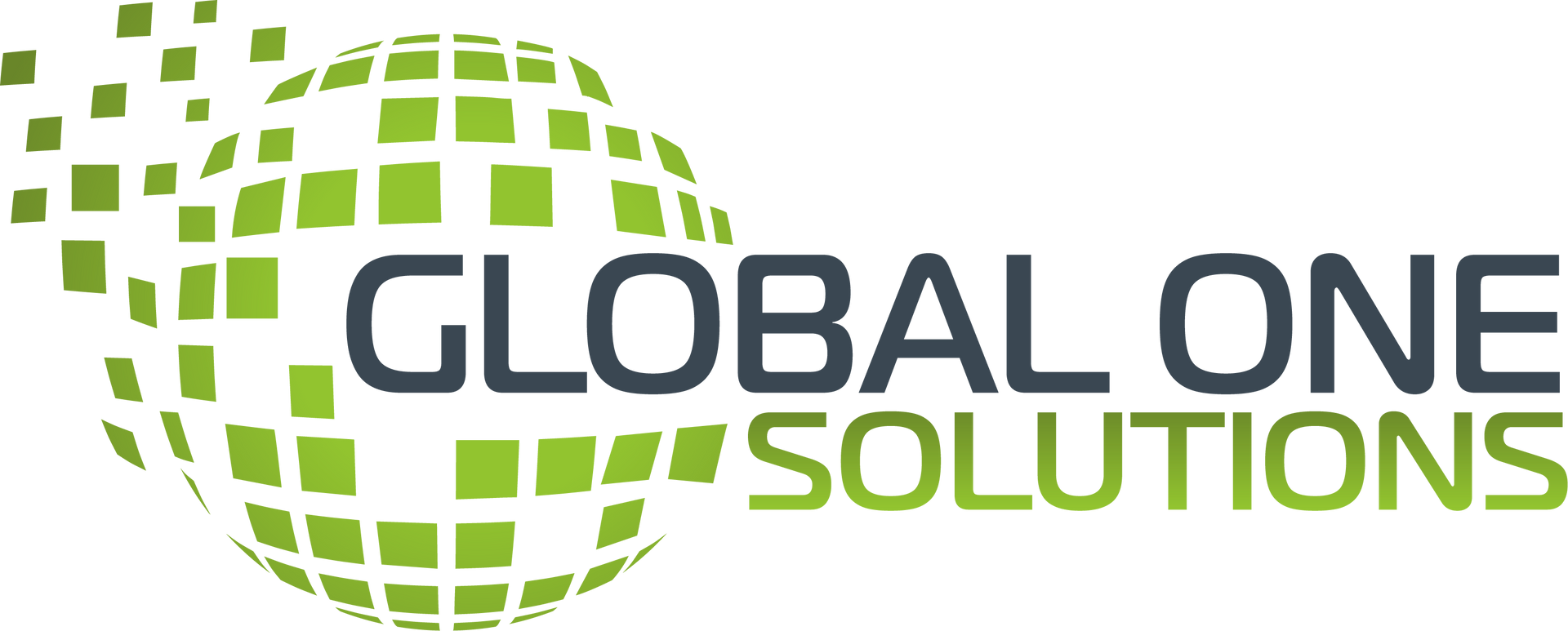
Strategic Planning & Governance
Align your organization's IT initiatives with your business objectives
"Strategic IT: fueling growth and innovation."
In an ever-evolving technological landscape, strategic planning and governance are vital for aligning IT initiatives with business goals and ensuring efficient resource utilization. Global One Solutions specializes in helping government agencies develop and implement strategic plans, manage IT programs and projects, and navigate digital transformation complexities.
Our strategic planning and governance services help organizations by:
01
Aligning IT and business objectives:
We ensure that your IT initiatives support your organization's mission, vision, and strategic goals, promoting coherence between technology investments and desired outcomes.
02
Optimizing resource allocation:
Through effective program and project management, we help you allocate resources efficiently, reducing waste and maximizing the return on your IT investments.
03
Enhancing agility and adaptability:
Our services enable organizations to respond quickly to changes in technology, market conditions, and customer needs, fostering a culture of continuous improvement and innovation.
04
Streamlining IT processes:
We work with you to identify inefficiencies in your IT processes and implement best practices, improving the overall performance and effectiveness of your IT organization.
05
Mitigating risks:
Our expertise in change management and digital transformation helps you identify and address potential risks, ensuring a smooth transition during technology implementations and minimizing disruptions to your operations.
06
Communication and collaboration:
We assist in breaking down silos between IT and other business units, promoting a collaborative environment that encourages knowledge sharing and drives better decision-making across the organization.
Our Strategic Planning & Governance Services
Enterprise Architecture
Enterprise Architecture (EA) involves designing, planning, and implementing a comprehensive IT framework that aligns with your organization's goals, strategy, and processes. Our EA services focus on creating a cohesive structure for your technology systems, applications, data, and infrastructure. This holistic approach ensures seamless integration and communication between different components, promotes standardization, and supports your organization's ability to adapt to change.
Key Benefits:
By employing our EA services, your organization will experience streamlined IT operations, improved decision-making through better visibility of systems and processes, easier integration of new technologies, reduced costs due to increased efficiency, and greater agility to respond to changing business needs.
Digital Transformation
Our Digital Transformation services help organizations leverage cutting-edge technologies and strategies to modernize their infrastructure, processes, and culture. We work with you to identify opportunities for digital innovation, assess your current digital maturity, and develop a roadmap for transforming your organization. Our services cover areas such as cloud migration, automation, data analytics, and customer experience optimization.
Key Benefits:
Digital Transformation services offer your organization enhanced efficiency through streamlined processes, improved customer experience by leveraging digital channels, increased innovation and adaptability, better decision-making through data-driven insights, and a competitive edge in the digital age.
Program Management
Our Program Management services involve overseeing multiple interrelated projects within a larger program to ensure their successful delivery in alignment with organizational objectives. We provide expert guidance, coordination, and support throughout the entire lifecycle of your program, from planning and execution to monitoring and control, ensuring that each project is effectively managed and contributes to the program's overall success.
Key Benefits:
With our Program Management services, your organization benefits from effective resource allocation and prioritization, risk mitigation and issue resolution, enhanced coordination between projects, increased efficiency in project delivery, and an improved return on your program investments.
Project Management
Our Project Management services focus on planning, executing, and closing individual projects while ensuring they are completed on time, within budget, and meet quality standards. We provide end-to-end project management support, including defining project scope, developing project plans, managing resources, monitoring progress, and providing regular updates to stakeholders.
Key Benefits:
By using our Project Management services, your organization will enjoy timely project delivery, effective cost control, proactive risk management, increased stakeholder satisfaction, and successful achievement of project objectives.
Change Management
Our change management consulting services assist organizations in effectively managing and implementing organizational change. This can include processes such as identifying the need for change, developing, and communicating a change plan, engaging stakeholders, and supporting individuals through the transition. Our team provides expertise in navigating resistance to change, addressing challenges, and facilitating a smooth and successful transition to the new state. The objective is to minimize disruptions and maximize the benefits of change initiatives, resulting in a more resilient and adaptive organization.
Key Benefits
By utilizing our Change Management services, your organization will experience increased employee buy-in and reduced resistance to change, faster adoption of new technologies and processes, higher project success rates, and improved organizational resilience in the face of ongoing change.




Interested in our services? We’re here to help!
We want to know your needs exactly so that we can provide the perfect solution. Let us know what you want and we’ll do our best to help.
MENU
GET IN TOUCH
(833) 314-5623
info@globalonesolutions.co
923 Haddonfield Rd
Suite 300
Cherry Hill, NJ 08002
STAY CONNECTED

All Rights Reserved | Global One Solutions | Powered by Mahogany Sites.
